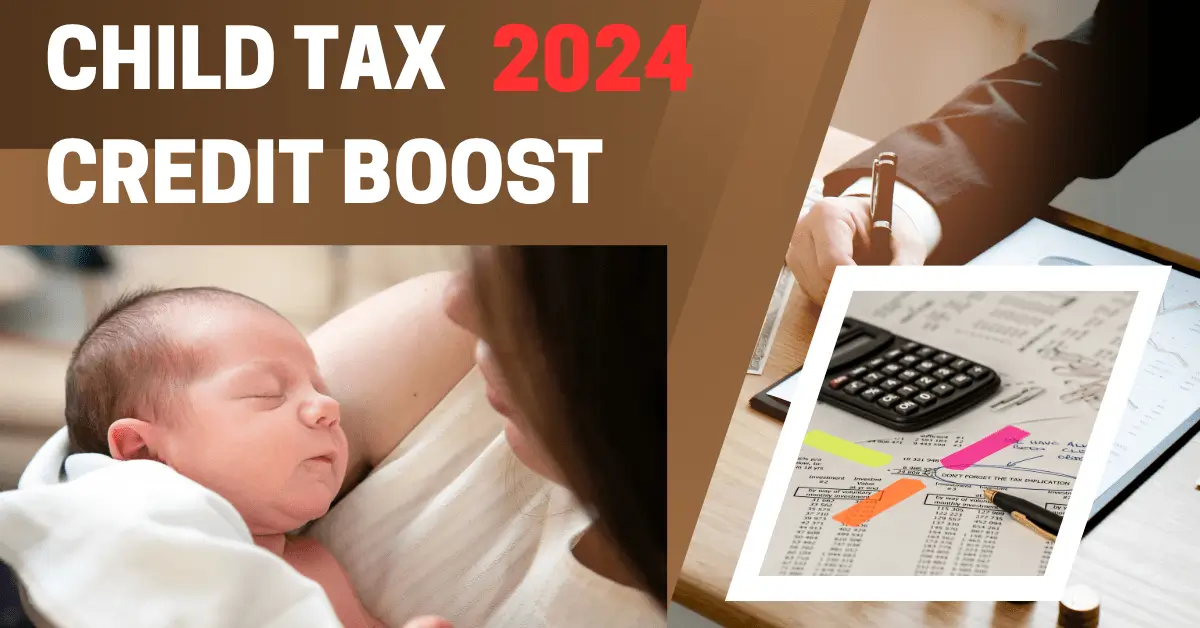The federal child tax credit is on the verge of being expanded, with negotiators in Congress closing in on a deal that would make the program more generous, particularly for low-income parents. The proposed changes aim to benefit lower-income families with multiple children, providing them with additional financial support. While the expansion of the child tax credit is a positive step towards addressing economic inequality, the passage of the legislation remains uncertain.
Congressional negotiators, led by Senate Finance Committee Chairman Ron Wyden and House Ways and Means Committee Chairman Jason T. Smith, are finalizing a deal to expand the child tax credit. Although an official announcement has not been made, the negotiations have been ongoing for several months. The goal of the expansion is to make the program more generous, primarily benefiting low-income parents. If the legislation passes, the changes could come into effect as early as this year.
The proposed expansion of the child tax credit is primarily aimed at providing additional support to lower-income families with multiple children. Currently, low-income families who do not pay income taxes can receive a refundable portion of the child tax credit, up to $1,600 per child. The expansion would increase this amount, allowing eligible families to receive up to $1,800 refunded. This increase in the refundable portion of the credit would be phased in over the next few years, with amounts rising to $1,900 in 2024 and $2,000 in 2025.
READ ALSO: North Texas School Closings List For Tuesday
In addition to increasing the refundable portion of the child tax credit, the proposed expansion includes adjustments for inflation starting in 2024. This ensures that the value of the credit keeps pace with rising costs of living. By making these adjustments, the expansion aims to provide families with a more significant financial benefit over time.
One of the key objectives of the proposed expansion is to ensure that the child tax credit phase-in applies fairly to families with multiple children. Currently, families with multiple children may face limitations in receiving the full benefit of the credit. The expansion seeks to address this issue, making the credit more accessible and equitable for families with multiple dependents.
If the proposed expansion of the child tax credit becomes law, it has the potential to lift thousands of children out of poverty. According to Senator Ron Wyden, approximately 15 million children from low-income families would be better off as a result of the plan. The increased financial support provided by the expansion could significantly improve the well-being of these vulnerable children and their families.
The proposed expansion of the child tax credit has garnered support from advocacy groups focused on family welfare. Ailen Arreaza, the executive director of ParentsTogether Action, a national family advocacy group, expressed optimism about the potential impact of the expansion. Arreaza highlighted the importance of prioritizing low-income families who often do not meet the income requirements to receive the full child tax credit. If passed, the expansion could potentially lift 400,000 children out of poverty.
Despite the potential benefits of the proposed expansion, there are significant challenges to its passage in Congress. House Republicans may be reluctant to support a measure that could be seen as a victory for President Biden and his economic policy priorities. The expanded child tax credit was a centerpiece of Biden’s 2021 American Rescue Plan. The political dynamics in Congress could potentially hinder the progress of the legislation, making its passage uncertain.
READ ALSO: Allies upset by Trump’s embrace of far-right activist Laura Loomer
Alongside the expansion of the child tax credit, the proposed deal includes additional provisions that could have wide-ranging impacts. These provisions aim to extend business tax deductions, encourage research and development investments, and provide tax breaks for victims of natural disasters. The deal also seeks to accelerate the deadline for filing backdated claims and expand the low-income housing tax credit.
